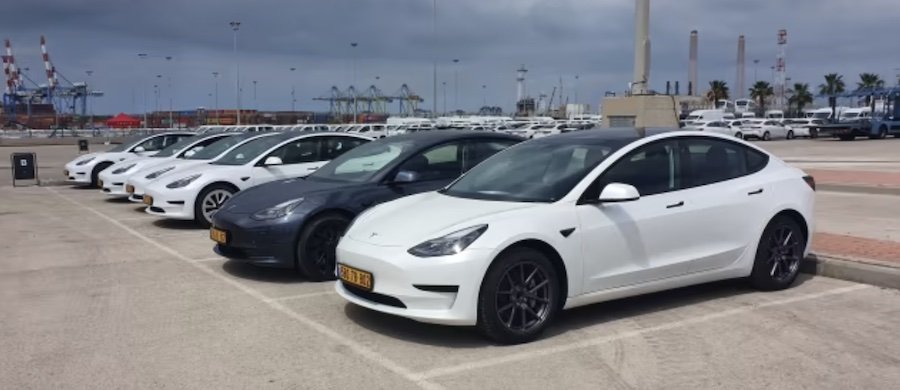Tesla has shaken up Israel's electric car market by dramatically reducing prices this month. Last week Tesla announced that the price of the basic Tesla 3 was being cut by over 7% from NIS 205,000 to NIS 195,000. The price of the long-range model fell from NIS 252,000 to NIS 239,000 and the price of the Performance version was cut from NIS 289,000 to NIS 252,000.
Prices of Tesla cars have virtually reverted to what they were just over two years ago when the brand launched in Israel in March 2021. Since the launch Tesla has raised prices six times before sharp cuts in January and last week. Earlier this month Tesla launched the basic version of the Tesla Model Y Electric Crossover at a price of NIS 224,000, almost NIS 50,000 cheaper than the current basic version. The car is equipped with a range of up to 455 kilometers and supply for vehicles orders now is estimated for between July and September.
These price cuts are economically remarkable, especially taking into account that the shekel has depreciated 11% against the dollar since March 2021, while purchase tax on electric vehicles has doubled.
Nor are these price cuts an attempt to be especially competitive in the Israeli market bur rather part of Tesla's global sales strategy. Of the latest cuts Tesla said the strategy is to "make the prices of electric cars accessible to a broader public."
A slowdown in sales has been accompanied by excess production capacity, and the result can be seen in the shortening of Tesla's delivery times all over the world, except in Europe. Experts estimate that delivery times currently average about 30 days, compared to more than three months in the recent past. In China, for example, the average delivery time for a new Tesla 3 order is currently only 16 days, and that's after the discount. Also in Israel, the price reduction in January produced more dramatic results than could have been expected.
Moreover, analysts at both Guggenheim and RBC Capital both say that Tesla is well positioned to absorb the price cuts and remain profitable and neither rules out further price cuts. Tesla poses all the more challenge to Israeli importers who are struggling to keep prices down as the shekel weakens against the world's major currencies.

